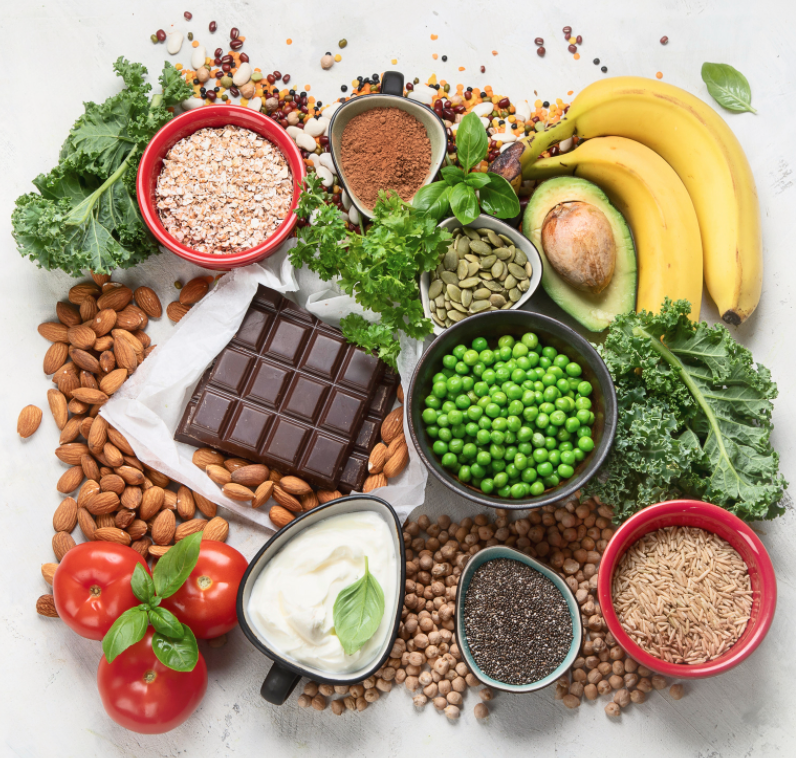Why Magnesium Could Help With Your Menopuase
12/12/2021
Even when following a balanced diet it can be difficult to achieve all of the minerals and vitamins you need.

What is Magnesium?
Magnesium is just one of many nutrients that are essential in our diet, yet 80% of us are deficient. Which is found in a variety of foods and you should be able to get an adequate amount through food alone. The NHS recommends that women aged 19-64 need 270mg and men aged 19-64 need 300mg daily.
Magnesium has many functions within the body. Two main roles of magnesium is to convert the food we eat into energy and assist with the functioning of the parathyroid glands, which are important for maintaining good bone health.
Magneisum and Menopause
Firstly, what is menopuase?
A natural phase in a woman’s life that happens from around the age of 45-50. This is characteriszed by a loss of menstration and a drop in oestrogen. This can be assoicated with many symptoms such as hot flushes, mood chnages, weight gain and a decrease in muscle mass. It is important to note that everyones symptoms are different and not all women will experience the same ones.
So why is this relevant to magnesium?
Bone health is super important to look after. In fact, we meet our peak bone mass at mid 20s to 30 and once we surpass that age bone mass starts to decline. During menopause, the ability to build our bones drops and it is why women are at a greater risk of developing osteoporosis. Further, thinner bones leads to more fractures, common points are the hip, wrist and vertebrae.
During menopause, magneisum levels tend to be lower. However, ensuring you have enough menopause is just one of many ways to help maintain optimal bone health. Other ways magnesium can help with menopause is to reduce unwanted side effects of menopause, by reducing hot flushes and improving mood.
Other benefits
Magneisum can help improve sleep, reduce anxiety, stress and and depression. As well as supporting heart health and potentially reducing risk of type 2 diabetes.

Foods high in magnesium
- Dark chocolate
- Beans
- Lentils
- Nuts and seeds
- Leafy greens
- Whole grains
If you supplement with magnesium ensure that you do not take over 400mg each day. Our kidneys are able to flush out extra mageisum but the main symptom of too much magnesium is diarrhea. Make sure you speak to a doctor or medical professional before supplementing and ensure its a good quality supplement.
My recipe books are full of recipes which can help boost your magnesium, and help improve your overall health! Make sure to like and follow on facebook to keep to keep up to date with more posts.
Eat healthy, live healthy
Robyn
